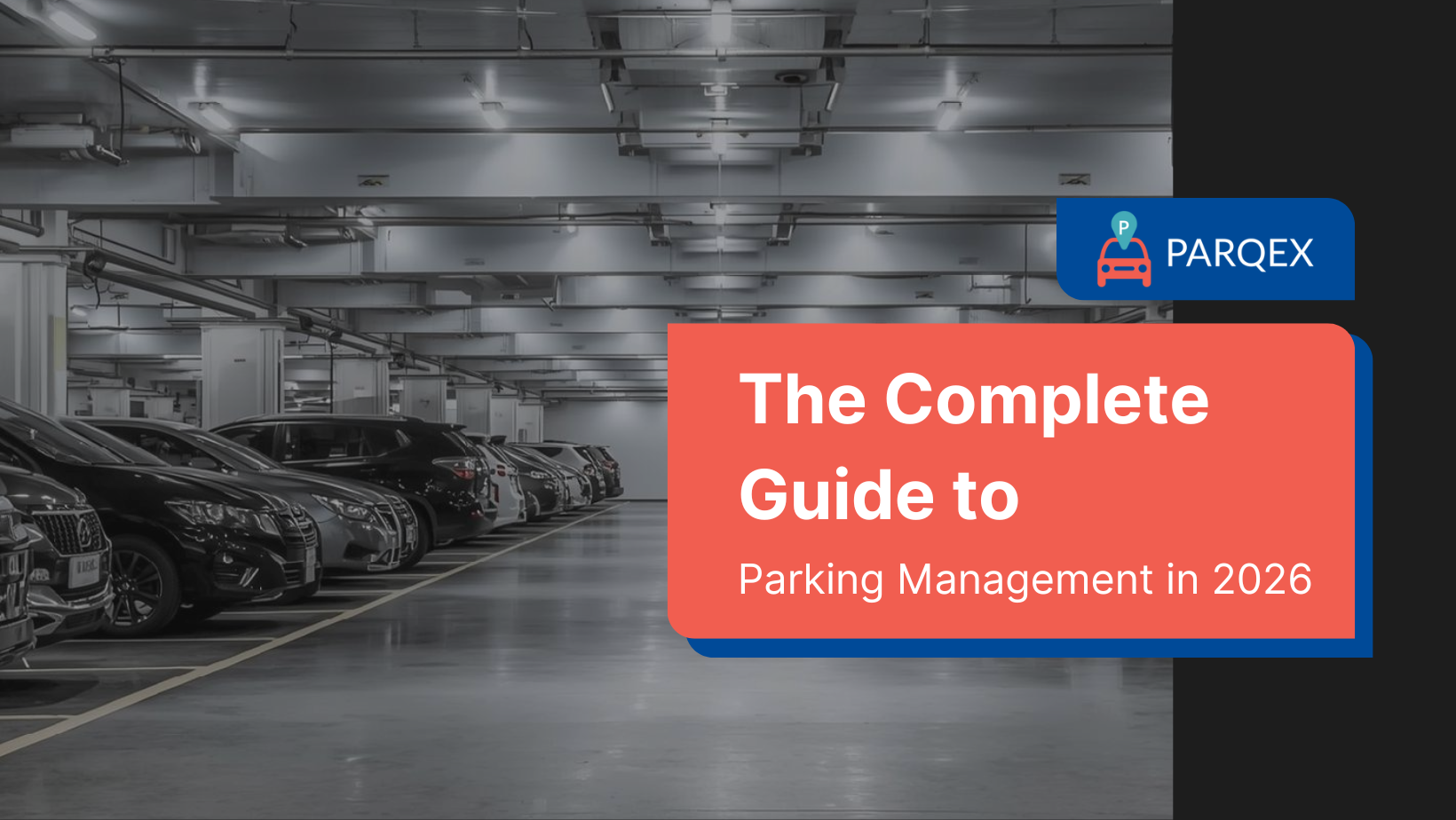As rapid innovation continues with IoT technologies, the results of their combined use are yet to be fully understood. The reverberations of the shift, though, will be felt as an after effect of the sweeping change, the transformation from outdated legacy systems, modes, methods, and tools – to innovative online software solutions in the cloud.
This isn’t to say that all hardware, paper, and analog systems will be completely eliminated, rather, they’ll be reduced and minimized. SaaS, PaaS, and emerging subscription software are allowing SMBs to streamline, expand, and improve the quality of their work and production – this is hard to ignore.
The sharing economy develops and uses these innovative cloud and mobile computing tools, as a way to solve complex logistical issues and add incentive for entrepreneurs. ParqEx’s mobile app solution is a good example of how powerful these ideas can become.
Another example is an IoT parking solution CloudParc, which utilizes surveillance cameras in cities to detect off-street parking vacancies. This would eliminate parking meters, working through API communications between IoT technologies to reach users through a mobile app.
Denver is now partnering with Park Mobile and Parkifi sensors to create an app that can detect available parking spots in the city-owned surface lots; both smart meters and surface lots in Denver can then be paid for with a credit card through the mobile app.
Reducing Parking Woes in Cities by Creating Incentive
The IoT is always involved when speaking about smart anything, and almost all technology is smart at this point. Smart parking garages are using monitoring devices to detect vacant spaces, then automatically sharing the data to their own systems and any specified partners.
For instance, the parking garage business may want to automate real-time updates of vacancies to the city’s tourist guide mobile app, or event centers’ apps might want their customers to have access to available spaces during games from ParqEx, etc.
Smart cars, traffic lights, and other IoT devices and systems, are all using the power of cloud and mobile computing to develop and package their services, which then work to solve complex parking woes by creating incentive for entrepreneurship.
Using the ParqEx mobile app for free, drivers can find parking spots in the area and for the time desired, then facilitate the communications and transactions from the secure and easy to use dashboard interface on our mobile app – the desktop version is designed for streamlined management as well.
The incentive is easy to understand, because renting out a vacant parking space through ParqEx is easy and automated forthe most part. Owners of well-located parking spaces now have a method to make hundreds (if not thousands) every month with their one space. Times this by having 5 or 10 spaces, and one can see the opportunity and incentive.
So, what happens is, ParqEx facilitates the connection and transaction for end users for a small percentage (20%). Space owners keep 80% of the parking fee, and users can use the app for free to find and rent parking spaces all across the country.
When thousands of parking spaces open up in a city, traffic congestion is sure to be alleviated and reduced. As cities get smarter and sharing economy services become more visible, parking woes in cities will be significantly reduced.
The part that makes this doubly beneficial is that during the process of logistical parking and traffic improvements, entrepreneurs will be: making money, developing new services and products, and investing further into the economy.
Summary
The sharing economy is using technology in ways that make sense for users. The advantages and opportunities that innovative cloud and mobile technologies offer, are promising to solve parking woes and boost the local economy at the same time. Before, solving parking woes would have meant building more parking spaces, which means cities and/or businesses had to spend money, therefore making tax payers and consumers pay for it.
With ParqEx, the city and business leaders don’t have to build extra parking spaces at their own expense, rather they can work together with sharing economy companies to increase the supply of rent-able parking spaces in the city. Technology is helping increase the utilization of spaces and opening up new ones from private owners.
It’s hard to imagine large cities being nearly free of traffic congestion, yet this very well may be achieved in the soon future. Mass transit, smart cars, remote workers, smart parking, smart carpooling, smart traffic lights, and more IoT technologies are working toward achieving this ideal goal. Reducing parking woes by creating incentive is how ParqEx is helping. If interested in learning more please contact us today.







